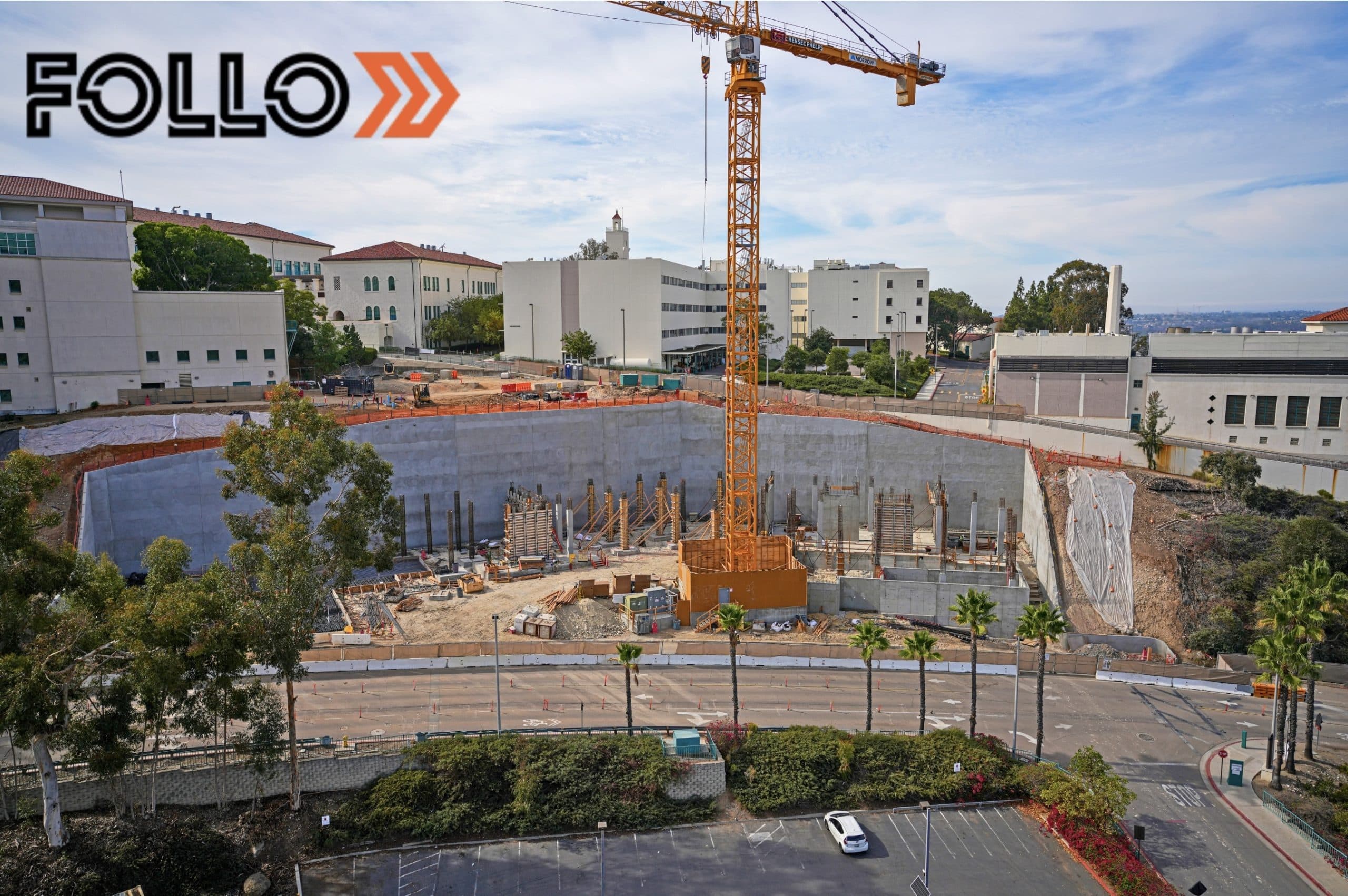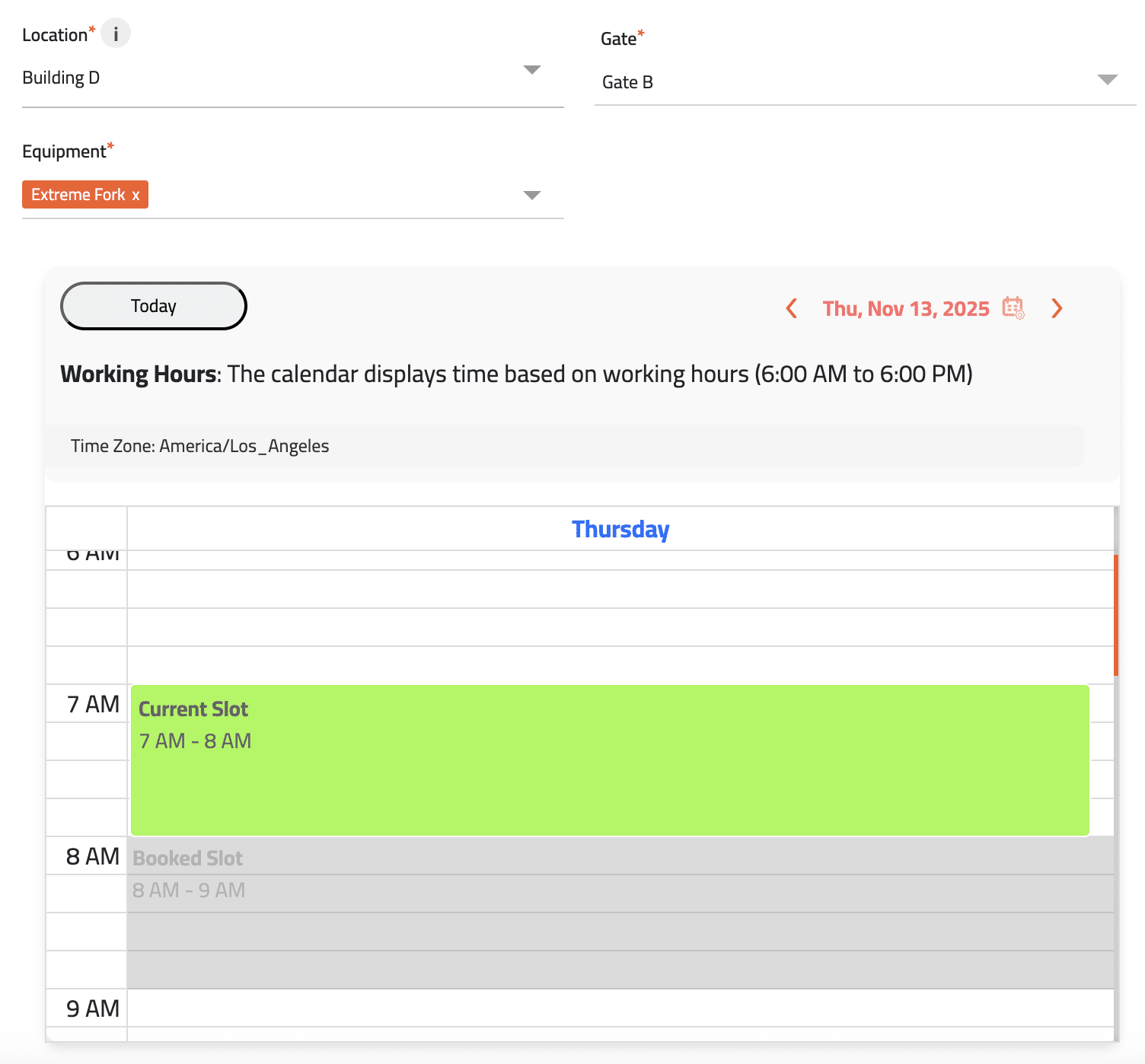Delivery tracking analytics plays a vital role in optimizing construction project management processes. By measuring key metrics and key performance indicators (KPIs), construction companies can gain valuable insights into their delivery operations and make data-driven decisions. In this article, we will explore the key metrics and KPIs that are essential for effective delivery tracking analytics in construction projects, helping construction companies improve their logistics, enhance efficiency, and achieve project success.
On-Time Delivery Rate:
The on-time delivery rate measures the percentage of deliveries that are completed within the agreed-upon timeframe. This metric is crucial for evaluating the efficiency of the delivery process and ensuring timely completion of construction projects. A high on-time delivery rate indicates effective logistics and coordination, while a low rate may signify issues that need to be addressed, such as delays in the supply chain or inadequate scheduling.
Delivery Cycle Time:
Delivery cycle time measures the average time it takes for a delivery to move from the point of origin to its final destination. This metric provides insights into the speed and efficiency of the delivery process. Tracking delivery cycle time helps identify potential bottlenecks and delays, enabling project managers to implement strategies for streamlining operations and reducing overall project duration.
Delivery Accuracy:
Delivery accuracy measures the percentage of deliveries that are completed without errors or discrepancies. This metric is particularly important for construction projects that require precise materials and equipment. A high delivery accuracy rate indicates effective coordination and communication among stakeholders, minimizing the risk of rework, delays, or cost overruns. Tracking delivery accuracy helps identify areas for improvement and ensure that the right materials are delivered to the right place at the right time.
Cost of Delivery:
The cost of delivery metric assesses the expenses associated with the delivery process. It includes factors such as transportation costs, fuel expenses, labor costs, and any additional fees or charges. Tracking the cost of delivery helps construction companies identify opportunities for cost optimization and resource allocation. By analyzing this metric, project managers can make informed decisions regarding supplier selection, transportation methods, and route optimization, ultimately reducing delivery costs and improving project profitability.
Delivery Variance:
Delivery variance measures the deviation between the planned delivery schedule and the actual delivery times. This metric helps identify any delays or discrepancies in the delivery process. Analyzing delivery variance provides insights into potential issues in logistics, supplier performance, or scheduling accuracy. By closely monitoring delivery variance, project managers can take corrective actions to minimize disruptions, adjust schedules, and maintain project timelines.
Supplier Performance:
Supplier performance metrics evaluate the reliability and effectiveness of suppliers in delivering materials and equipment. These metrics may include on-time delivery performance, quality of delivered goods, responsiveness to inquiries or issues, and adherence to contractual agreements. By tracking supplier performance, construction companies can assess the reliability of their suppliers, make informed decisions when selecting or evaluating suppliers, and maintain a strong and efficient supply chain.
Conclusion:
Effective delivery tracking analytics in construction projects requires the measurement of key metrics and KPIs. By monitoring metrics such as on-time delivery rate, delivery cycle time, delivery accuracy, cost of delivery, delivery variance, and supplier performance, construction companies can gain valuable insights into their delivery operations. These insights enable data-driven decision-making, optimize logistics, reduce delays, and enhance overall project efficiency. Leveraging construction management software like Follo can simplify the tracking and analysis process, empowering construction companies to achieve successful project outcomes. To learn more about how Follo can support effective delivery tracking analytics, visit follo.co.

